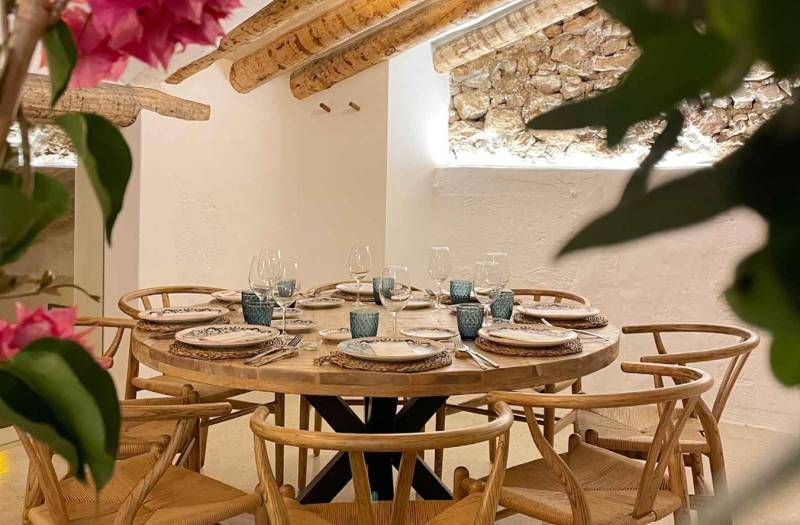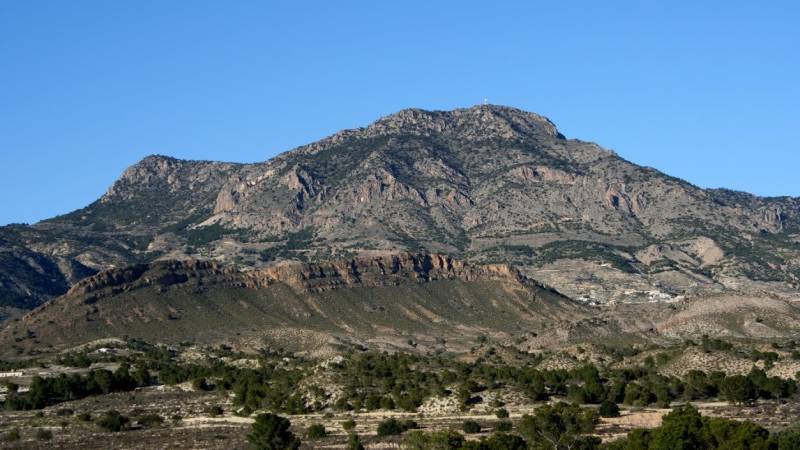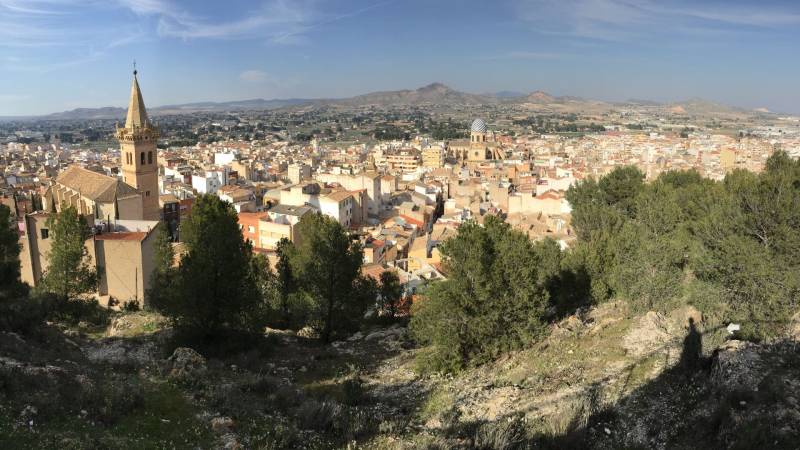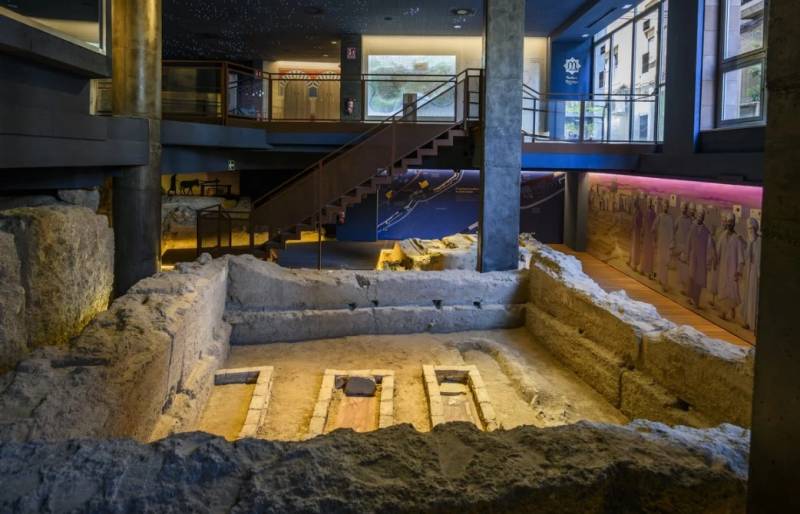- Region
- Águilas
- Alhama de Murcia
- Jumilla
- Lorca
- Los Alcázares
- Mazarrón
- San Javier
-
ALL AREAS & TOWNS
- AREAS
- SOUTH WEST
- MAR MENOR
- MURCIA CITY & CENTRAL
- NORTH & NORTH WEST
- TOWNS
- Abanilla
- Abarán
- Aguilas
- Alamillo
- Alcantarilla
- Aledo
- Alhama de Murcia
- Archena
- Balsicas
- Blanca
- Bolnuevo
- Bullas
- Cañadas del Romero
- Cabo de Palos
- Calasparra
- Camping Bolnuevo
- Campo De Ricote
- Camposol
- Canada De La Lena
- Caravaca de la Cruz
- Cartagena
- Cehegin
- Ceuti
- Cieza
- Condado de Alhama
- Corvera
- Costa Cálida
- Cuevas De Almanzora
- Cuevas de Reyllo
- El Carmoli
- El Mojon
- El Molino (Puerto Lumbreras)
- El Pareton / Cantareros
- El Raso
- El Valle Golf Resort
- Fortuna
- Fuente Alamo
- Hacienda del Alamo Golf Resort
- Hacienda Riquelme Golf Resort
- Isla Plana
- Islas Menores & Mar de Cristal
- Jumilla
- La Azohia
- La Charca
- La Manga Club
- La Manga del Mar Menor
- La Pinilla
- La Puebla
- La Torre
- La Torre Golf Resort
- La Unión
- Las Palas
- Las Ramblas
- Las Ramblas Golf
- Las Torres de Cotillas
- Leiva
- Librilla
- Lo Pagan
- Lo Santiago
- Lorca
- Lorquí
- Los Alcázares
- Los Balcones
- Los Belones
- Los Canovas
- Los Nietos
- Los Perez (Tallante)
- Los Urrutias
- Los Ventorrillos
- Mar De Cristal
- Mar Menor
- Mar Menor Golf Resort
- Mazarrón
- Mazarrón Country Club
- Molina de Segura
- Moratalla
- Mula
- Murcia City
- Murcia Property
- Pareton
- Peraleja Golf Resort
- Perin
- Pilar de la Horadada
- Pinar de Campoverde
- Pinoso
- Playa Honda
- Playa Honda / Playa Paraíso
- Pliego
- Portmán
- Pozo Estrecho
- Puerto de Mazarrón
- Puerto Lumbreras
- Puntas De Calnegre
- Region of Murcia
- Ricote
- Roda Golf Resort
- Roldan
- Roldan and Lo Ferro
- San Javier
- San Pedro del Pinatar
- Santiago de la Ribera
- Sierra Espuña
- Sucina
- Tallante
- Terrazas de la Torre Golf Resort
- Torre Pacheco
- Totana
- What's On Weekly Bulletin
- Yecla


- EDITIONS:
 Spanish News Today
Spanish News Today
 Alicante Today
Alicante Today
 Andalucia Today
Andalucia Today
The Sierra de Las Moreras in Mazarron
The mountains of Las Moreras are home to a Bronze Age settlement and varied flora and fauna
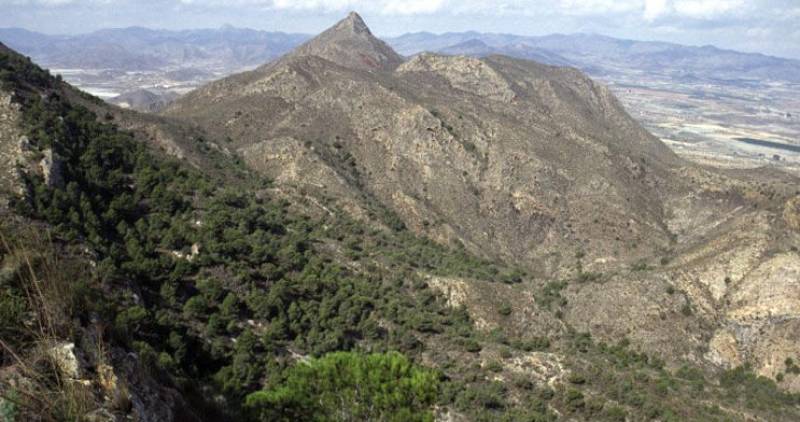 The geographical feature which most immediately springs to mind in connection with the municipality of Mazarrón is its beaches, which range from huge swathes of sand to tiny secluded pebbly coves, but it is also home to the protected mountain area of the Sierra de las Moreras.
The geographical feature which most immediately springs to mind in connection with the municipality of Mazarrón is its beaches, which range from huge swathes of sand to tiny secluded pebbly coves, but it is also home to the protected mountain area of the Sierra de las Moreras.
These imposing mountains (click for map) are mostly covered in shrubs, grasses and bushes such as thyme, dwarf palms and others, but there are also rocky gorges, pine groves, a few traditional crop-growing Mediterranean the water is crystal clear, and the wildlife in the area includes sea turtles, numerous bird species, reptiles, mammals and amphibians.
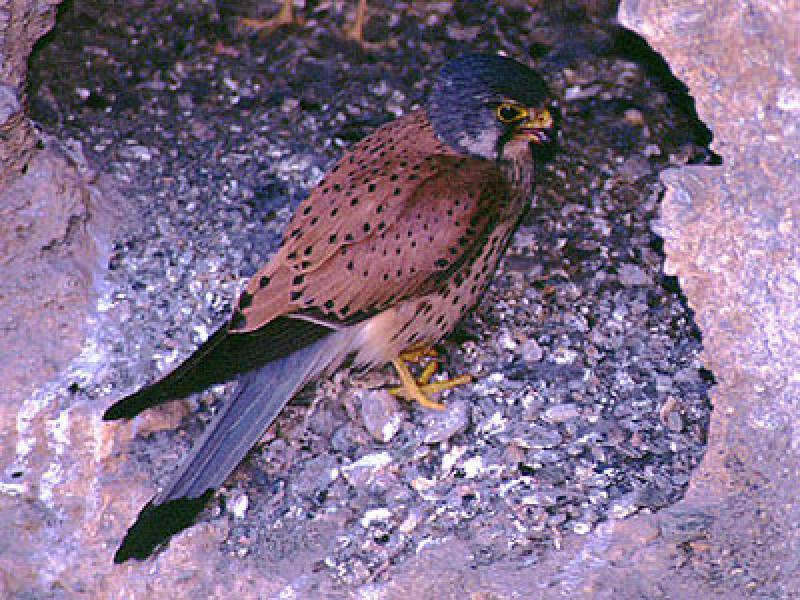 Among these species are the peregrine falcon, the Bonelli’s eagle and wild tortoises, while the rich posidonia seagrass meadows lead to shoals of sea bream, bass and many other fish. Other marine wildlife includes octopus and starfish.
Among these species are the peregrine falcon, the Bonelli’s eagle and wild tortoises, while the rich posidonia seagrass meadows lead to shoals of sea bream, bass and many other fish. Other marine wildlife includes octopus and starfish.
Back on land, one of the outstanding sites in the Sierra is the 3,000-year-old archaeological site of Cabezo del Plomo, which was a fortified hilltop settlement during the Copper Age similar to one found in Los Millares in Almería. The fortified wall is built directly onto the limestone rock, and consists of two irregular thicknesses of stones cemented together with mud. These two structures were built parallel to each other, the gaps of the inside one being filled with smaller stones to provide more solidity. Further reinforcement is provided by crude buttresses.
Four dwellings have been excavated to date, all of them oval-shaped structures with a stone wall base, upon which a wattle and daub, reed and mud structure would have been built.
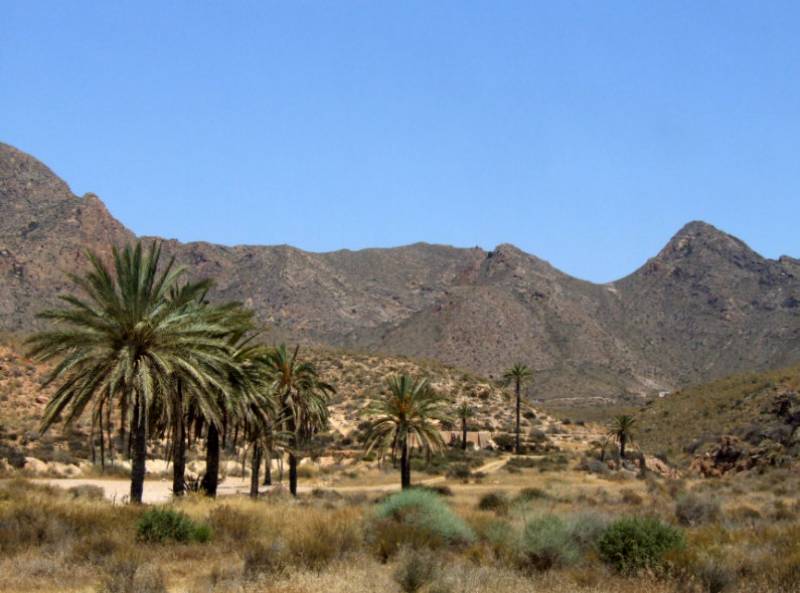 Another feature is the Rambla de las Moreras, a natural rainwater runoff channel with its own special vegetation due to the increased humidity of the soil, and here there are flowering plants including oleanders and tamarisk as well as reeds and grasses. On occasions these are visited by nesting bee-eaters.
Another feature is the Rambla de las Moreras, a natural rainwater runoff channel with its own special vegetation due to the increased humidity of the soil, and here there are flowering plants including oleanders and tamarisk as well as reeds and grasses. On occasions these are visited by nesting bee-eaters.
For more local news, events and visiting information go to the home page of Mazarrón Today.







